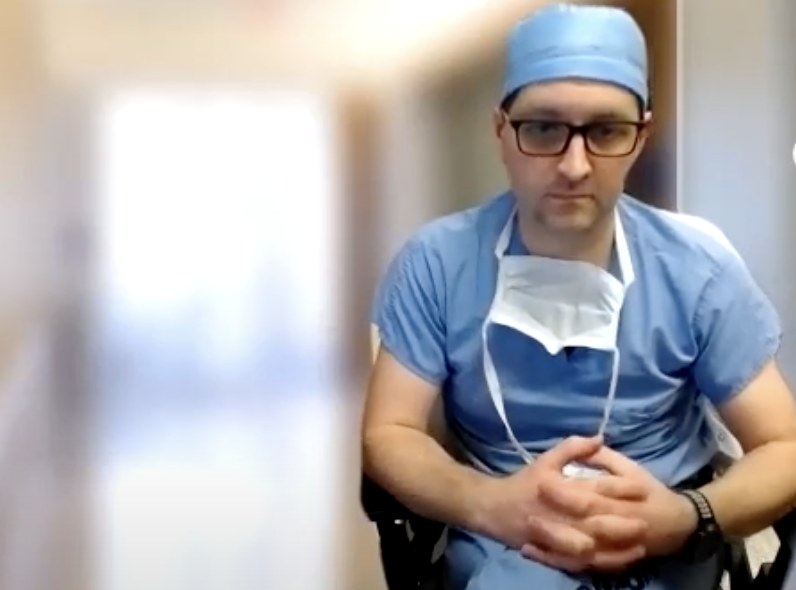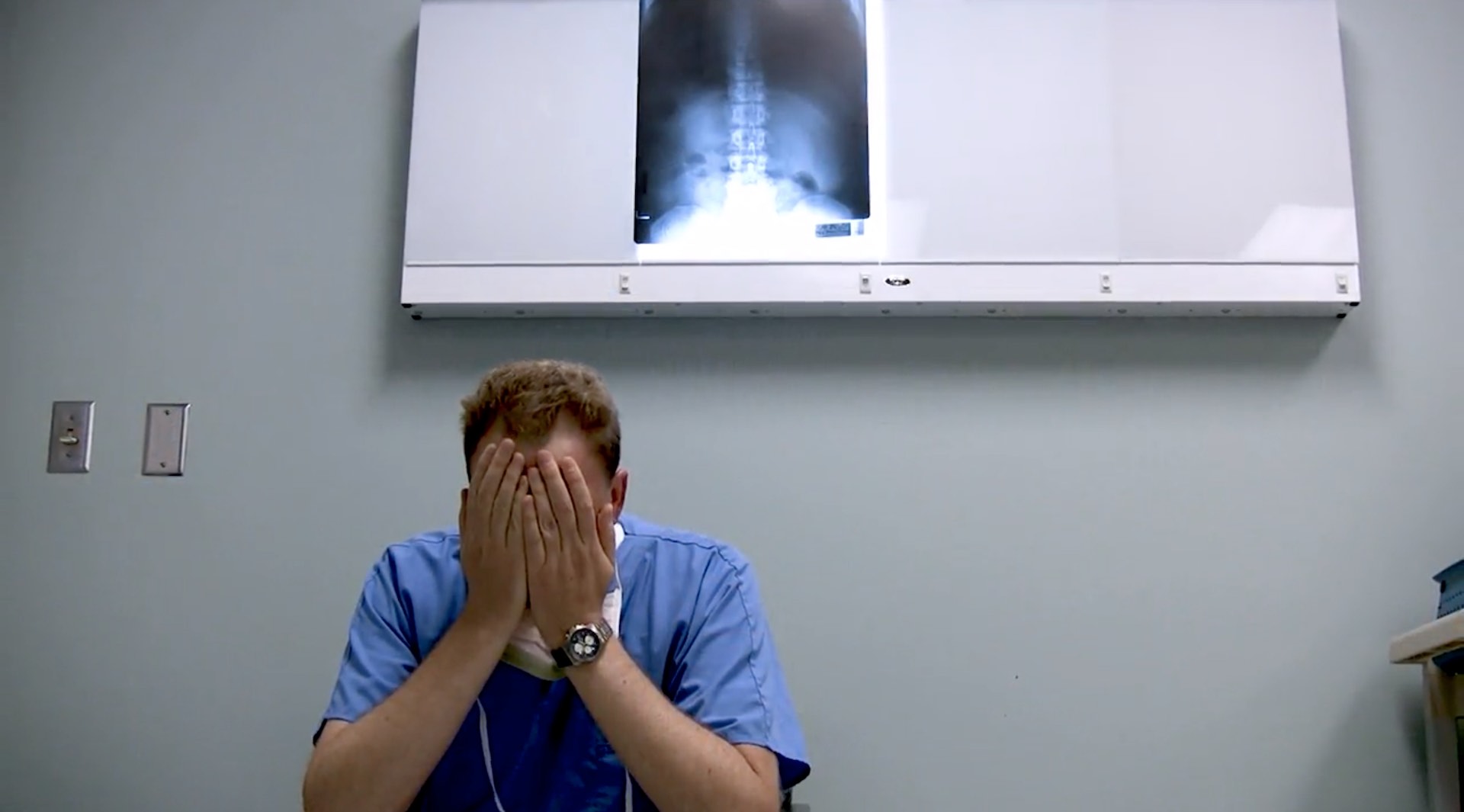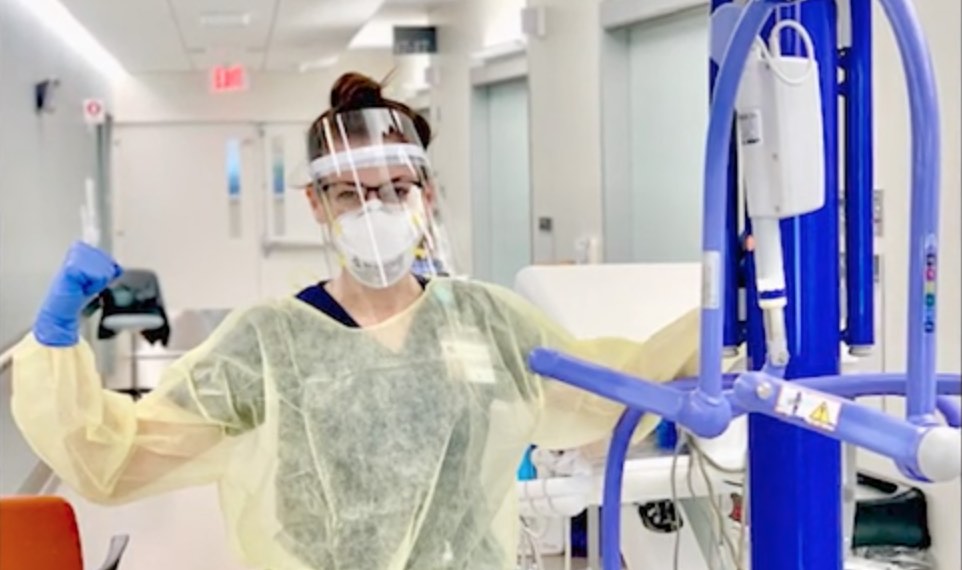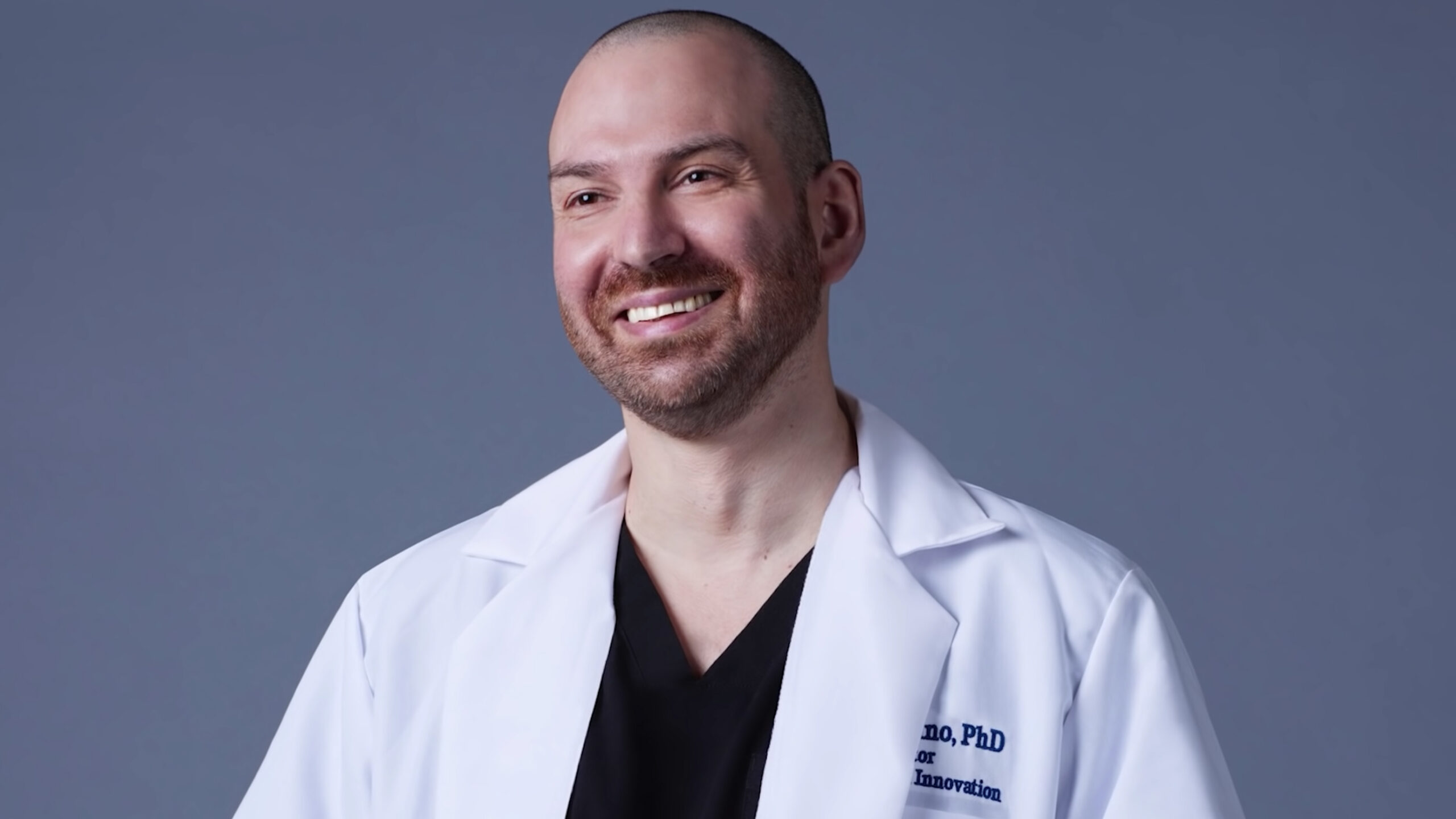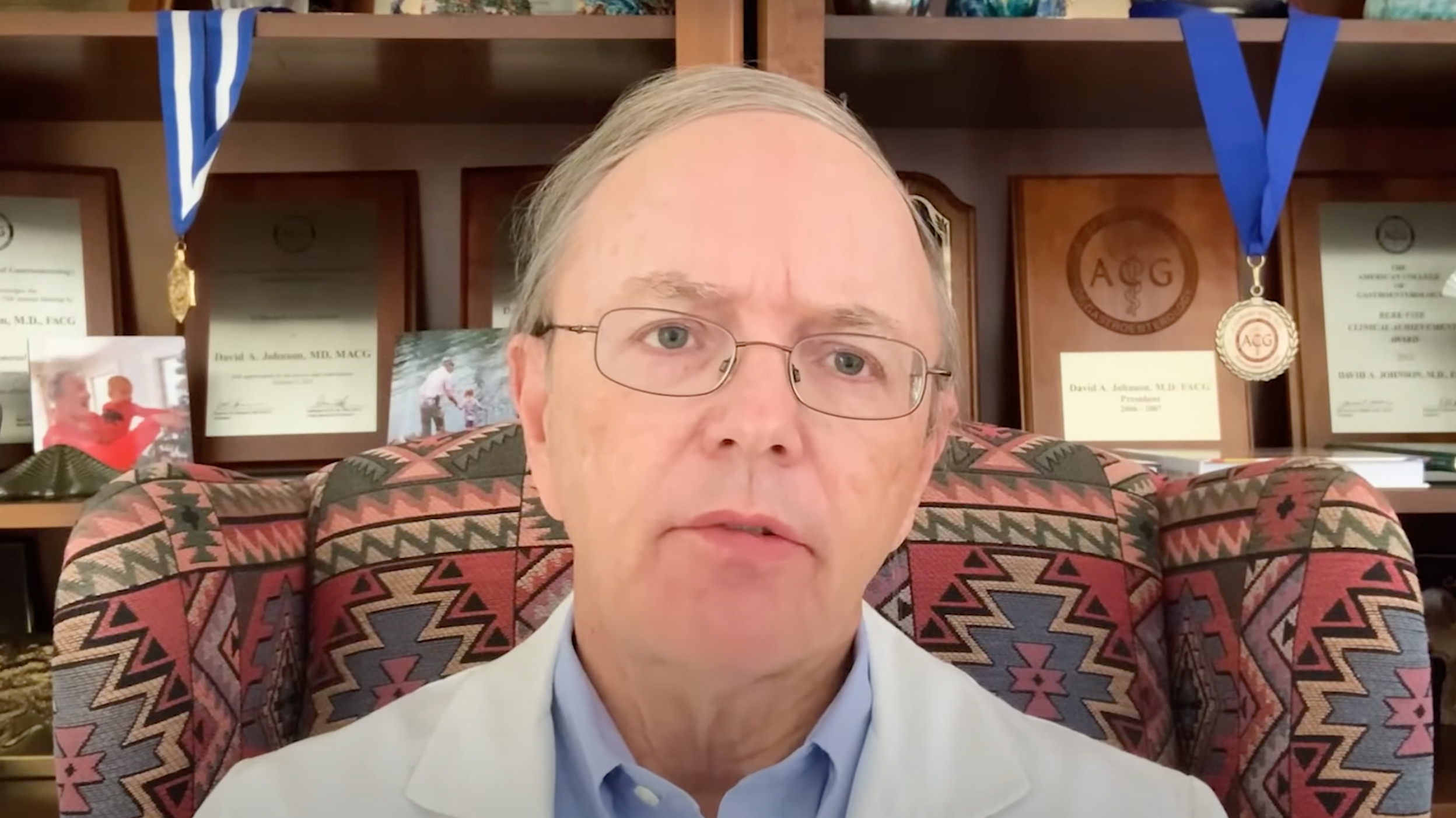Thalidomide improves myeloma survival after stem cell transplantation
Reuters Health • The Doctor's Channel Daily Newscast
March 27, 2009 • Critical Care, Family Medicine, Hospitalist, Internal Medicine, Oncology, Oncology / Hematology, Pharmacists, Reuters Health • The Doctor's Channel Newscast
NEW YORK (Reuters Health) – Consolidation therapy with low-dose thalidomide and prednisolone can improve survival in patients with multiple myeloma who have undergone autologous stem-cell transplantation (ASCT), according to a report in the March 9th issue of the Journal of Clinical Oncology.
The addition of thalidomide to the treatment regimen increased 3-year progression-free survival from 23% to 42% (p < 0.001), Dr. Andrew Spencer, from the Alfred Hospital in Melbourne, Australia, and colleagues report.
Thalidomide has proven useful against newly diagnosed and relapsed/refractory multiple myeloma, but its efficacy, if any, in treating patients after ASCT has been unclear, the researchers explain.
To investigate, the authors assessed the survival of 269 patients who received high-dose melphalan conditioned ASCT and were randomized to receive prednisolone maintenance therapy alone or in addition to 12 months of thalidomide consolidation.
In addition to progression-free survival, overall survival at 3 years was also higher in the thalidomide group: 86% vs. 75% in controls (p = 0.004).
Moreover, among subjects who experienced a disease relapse, there was no evidence that prior treatment with thalidomide reduced the efficacy of salvage therapy: 12-month survival rates following relapse were comparable in subjects treated with or without thalidomide consolidation, at 79% and 77%, respectively.
Neurologic adverse effects were more common with thalidomide therapy, whereas no difference in thromboembolic event rates was noted between the treatment groups.
“Based on our findings, we recommend that multiple myeloma patients undergoing an initial single high-dose melphalan conditioned ASCT as part of first-line therapy be offered 12 months of thalidomide consolidation in combination with prednisolone maintenance therapy irrespective of the ASCT response achieved,” the authors conclude.
Reference:
J Clin Oncol 2009;27.
The addition of thalidomide to the treatment regimen increased 3-year progression-free survival from 23% to 42% (p < 0.001), Dr. Andrew Spencer, from the Alfred Hospital in Melbourne, Australia, and colleagues report.
Thalidomide has proven useful against newly diagnosed and relapsed/refractory multiple myeloma, but its efficacy, if any, in treating patients after ASCT has been unclear, the researchers explain.
To investigate, the authors assessed the survival of 269 patients who received high-dose melphalan conditioned ASCT and were randomized to receive prednisolone maintenance therapy alone or in addition to 12 months of thalidomide consolidation.
In addition to progression-free survival, overall survival at 3 years was also higher in the thalidomide group: 86% vs. 75% in controls (p = 0.004).
Moreover, among subjects who experienced a disease relapse, there was no evidence that prior treatment with thalidomide reduced the efficacy of salvage therapy: 12-month survival rates following relapse were comparable in subjects treated with or without thalidomide consolidation, at 79% and 77%, respectively.
Neurologic adverse effects were more common with thalidomide therapy, whereas no difference in thromboembolic event rates was noted between the treatment groups.
“Based on our findings, we recommend that multiple myeloma patients undergoing an initial single high-dose melphalan conditioned ASCT as part of first-line therapy be offered 12 months of thalidomide consolidation in combination with prednisolone maintenance therapy irrespective of the ASCT response achieved,” the authors conclude.
Reference:
J Clin Oncol 2009;27.

